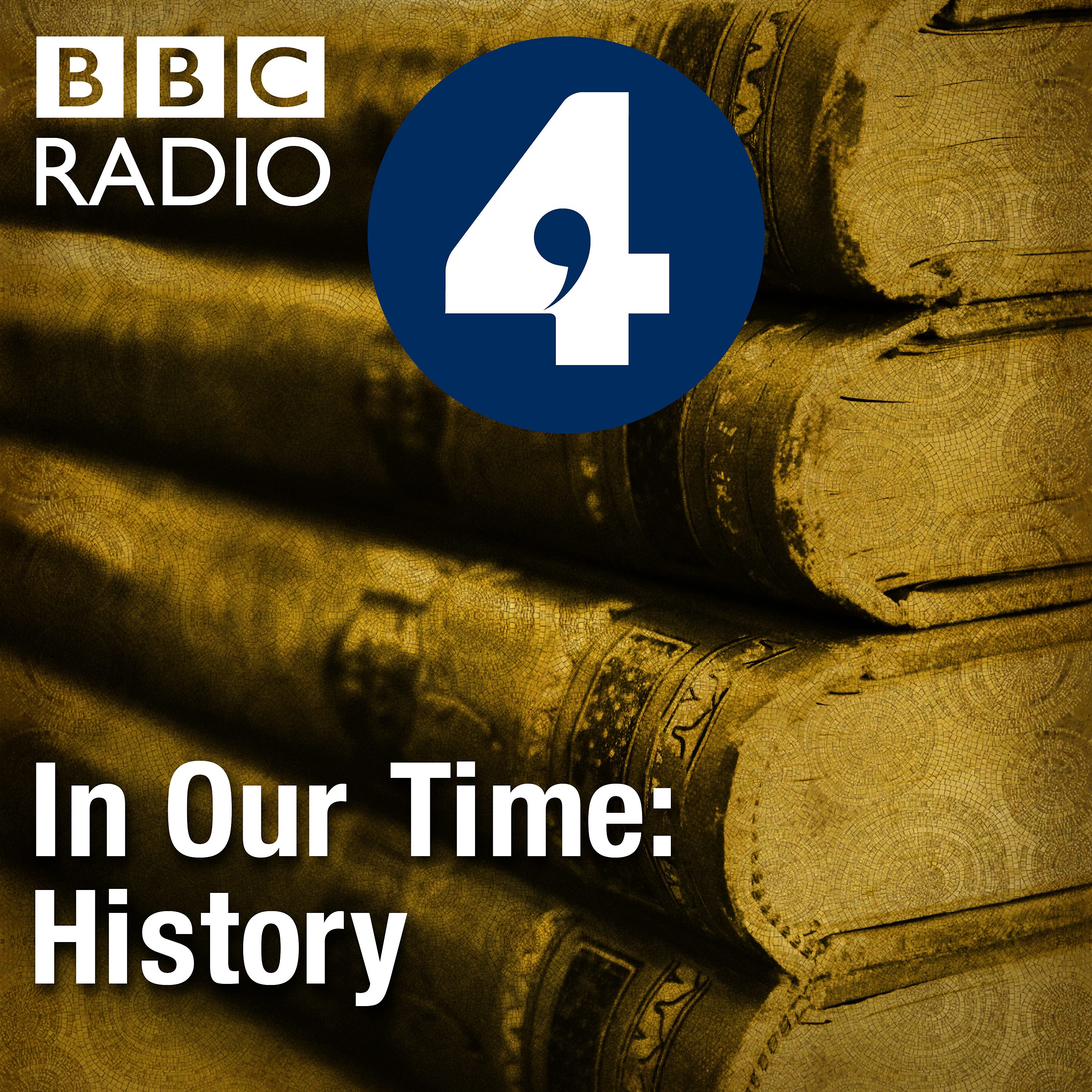The Danelaw
Description
Melvyn Bragg and guests discuss the effective partition of England in the 880s after a century of Viking raids, invasions and settlements. Alfred of Wessex, the surviving Anglo-Saxon king and Guthrum, a Danish ruler, had fought each other to a stalemate and came to terms, with Guthrum controlling the land to the east (once he had agreed to convert to Christianity). The key strategic advantage the invaders had was the Viking ships which were far superior and enabled them to raid from the sea and up rivers very rapidly. Their Great Army had arrived in the 870s, conquering the kingdom of Northumbria and occupying York. They defeated the king of Mercia and seized part of his land. They killed the Anglo-Saxon king of East Anglia and gained control of his territory. It was only when a smaller force failed to defeat Wessex that the Danelaw came into being, leaving a lasting impact on the people and customs of that area.
With
Judith Jesch
Professor of Viking Studies at the University of Nottingham
John Hines
Professor of Archaeology at Cardiff University
And
Jane Kershaw
ERC Principal Investigator in Archaeology at the University of Oxford
Producer: Simon Tillotson
More Episodes
Melvyn Bragg and guests discuss the most influential work of Thorstein Veblen (1857-1929). In 1899, during America’s Gilded Age, Veblen wrote The Theory of the Leisure Class as a reminder that all that glisters is not gold. He picked on traits of the waning landed class of Americans and showed...
Published 12/14/23
Published 12/14/23
Melvyn Bragg and guests discuss the North African privateers who, until their demise in the nineteenth century, were a source of great pride and wealth in their home ports, where they sold the people and goods they’d seized from Christian European ships and coastal towns. Nominally, these...
Published 12/07/23


